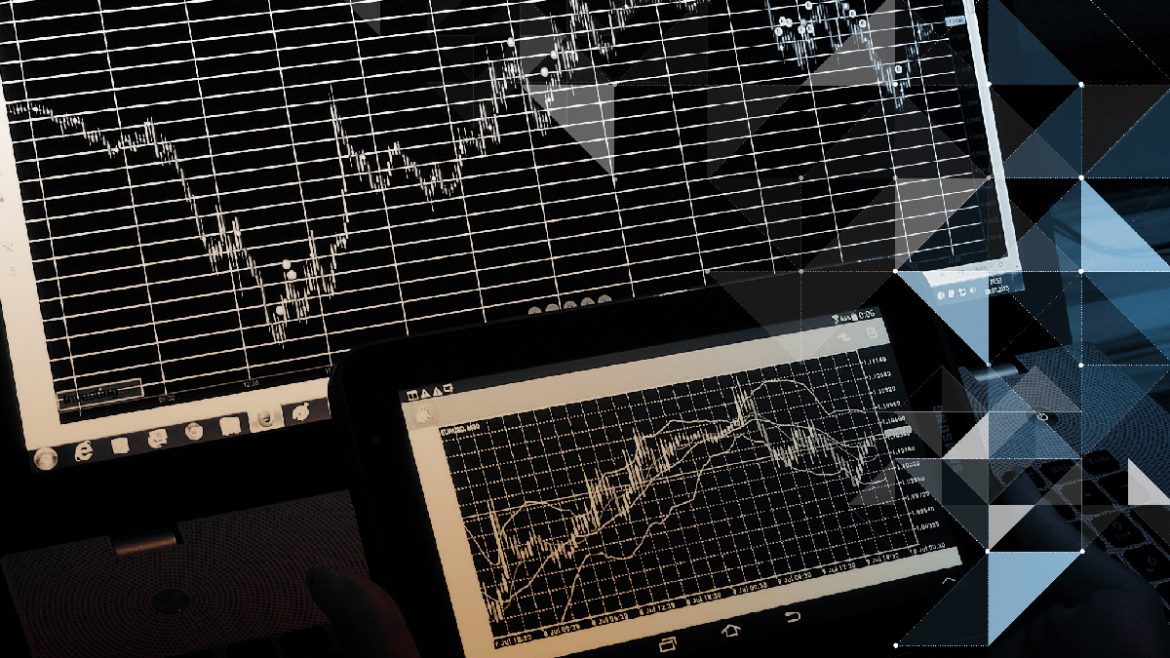Forex and cryptocurrency trading are extremely similar in that they both involve exchanging one currency for another. Beyond the obvious, being Forex (FX) is a foreign exchange for trading fiat, cryptocurrency exchanges handle digital assets like Bitcoin, Ether, etc. In this article, we are delving into volatility and leverage. Through this, you will decide whether you like trading crypto, Forex or both.
Despite the glaring similarity of trading on exchanges and watching the usual analysis before making orders, the new kid on the financial frontier is cryptocurrency. And like shiny new things, digital currency and its potential to earn seems more appealing to traders than traditional Forex markets. But why?
The increased popularity of cryptocurrencies stems from technological, innovative, and financial points of view, which has drawn in a lot of new investors, indicated by an increase to over $770 Billion in total crypto market cap. Many experts in the financial field believe the market cap will increase as cryptocurrency seeps into the mainstream consciousness.
Let’s outline a couple of reasons why we think trading on the cryptocurrency market is better than trading the Forex market.
[rml_read_more]
Accessible and Low Barrier to Entry
Most cryptocurrency exchanges do not require any form of identification for traders to participate in the cryptocurrency market. By signing up for a trading account on a crypto exchange, you are quickly on your way to trading cryptos.
This is not to say that you are completely anonymous. Most crypto exchanges have withdrawal limits based on your level of verification. Still, it’s easier to get into the crypto markets than Forex.
Market Volatility
A comparison of Forex and crypto volatility indicates that Forex ranges from 0.5% to 1%, while the cryptocurrency market ranges between 5% to 15%.
Why might volatility be good? Well, the broad crypto market swings can make for quick winners (or losers) if you’re paying attention. Unfortunately, the crypto markets are still in its infancy so there is no historical backing. This doesn’t mean it’s bad per se, but it seems more driven by speculation.
That being said, technical price patterns on the cryptocurrency time series charts appear to be very accurate in determining market trends so it’s really how you wish to place your orders or how much risk you’re willing to take on any given transaction.
Negligible or No impact by Traditional Macro Economic Data
As the largest and most liquid global market, the Forex market is driven by macroeconomic factors and events such as Gross Domestic Product (GDP), job reports, inflation data, and political announcements, among others things.
These macroeconomic events have little to no impact on the cryptocurrency market because the majority of crypto tokens are not linked to central authorities. The rules driving cryptocurrency are mostly pre-programmed by smart contracts and mathematical protocols; some have to be staked or voted to participate in specific networks, but all rely on the trading law of supply and demand.
Cryptocurrency economics is different from traditional macroeconomics because its protocols are often open-sourced for transparency. This means anyone can see the code from which the cryptocurrency was built.
Crypto economics include: supply and demand, mining difficulty, market sentiment, and utility.
Available Order Book
Cryptocurrency exchanges generally provide order book data, allowing traders to deploy strategies which they often cannot perform in the Forex market.
No Central Authorities and Generally Limited Supply
Cryptocurrencies are more accessible to a broader audience because it is borderless whereas government-backed currencies in the Forex market, as mentioned earlier, are centralized entities and can be manipulated by macroeconomic factors. Cryptocurrencies on a decentralized network have the support of a peer-to-peer authentication process, preventing users from double-spending. And if you’ve ever sold a product and lost fiat because of a chargeback request, legitimate or not, you can be assured that cryptocurrencies prevent this.
For both crypto and Forex trading, the law of supply and demand does affect the market fluctuations, but crypto traders can deploy strategies such as a simple Moving Average cross much more quickly.
Bitcoin (BTC), for example, has a finite amount of tokens so there is a limited supply. Investors often view this as a store of value, so as more of the tokens are created and distributed or burned, the token will eventually increase in demand and rarity – at least in theory. On the other hand, the Forex market can create an unlimited supply of cash; governments can print currency at will and help determine the market value.
Leverage
Trading the FX market exposes traders into assuming highly leveraged positions, which could be a blessing or a curse.
Certainly, leveraging your cryptocurrency is an option on some exchanges, but more often then not, WYSIWYG. What’s in your wallet is it. You’re not borrowing crypto tokens to leverage debt. In this sense, you have a better chance of earning more than falling into a bigger pit should the markets turn in an unfavorable manner.
Conclusion
Generally speaking, it is much easier to find trading opportunities in the cryptocurrency market compared to the Forex market, as the market is either going up on the long term or heading south, allowing for traders to enter positions that suit the current market outlook. Now that we’ve shared our thoughts on Crypto vs. Forex, what is your opinion?
Disclaimer
Content provided by CryptoTraderNews is for informational purposes only, and should not be construed as legal, tax, investment, financial, or other advice. All information is of a general nature. As always, there is risk with any investment. In exchange for using our products and services, you agree not to hold CryptoTraderNews Pro, its affiliates, or any third party service provider liable for any possible claim for damages arising from decisions you make based on information made available to you through our services.
